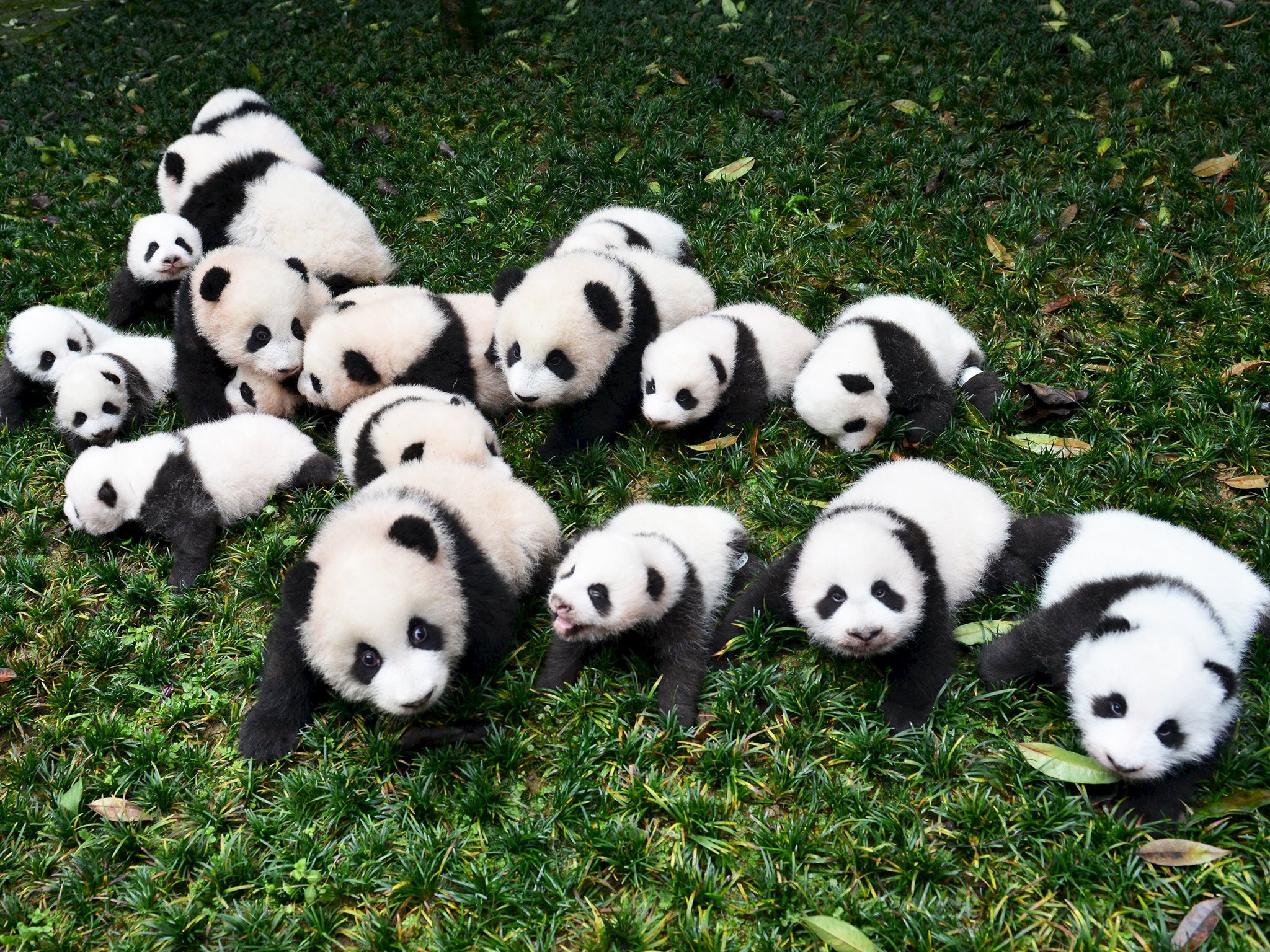Panda expert claims the international breeding programme has failed
Panda expert Dr Sarah Bexell has said the international breeding programme to save giant pandas has failed

A panda expert has said the captive breeding programme designed to save pandas should be scrapped because it is "giving humanity false hope".
Dr Sarah Bexell, director of conservation education at the Chengdu Research Base, admitted in a frank documentary that the international effort to save the monochrome bears has not delivered the expected results.
Starting in 1987 with six pandas they rescued from the wild, the programme has since produced 400 offspring bred in captivity.
But only five have been introduced back into the world, of which only three have survived.
In the BBC Horizon documentary "Should We Close Our Zoos?", Dr Bexell says: “We’ve learned a lot, filled volumes of journals and textbooks but we have not made significant headway in terms of conservation.
“So I guess right now we would almost have to say it has been quite a failure and even though many of these projects even were considered successful for short periods of time, they’ve lost ground.
“Should we continue them? Right now I’m feeling no because I’m really worried that it’s sending the wrong message to humanity. It’s giving humanity false hope.”
She blamed the world’s ever-increasing population and consumerism for the steady decline in panda numbers.
The distinctive black and white bears are classed as endangered, with just over 1,800 left in the wild.
The Chengdu facility runs the breeding programme which sees the mostly peaceful vegetarians, who have no natural predators, rented out to zoos around the world.
Edinburgh Zoo is home to the only giant pandas in the UK, Tian Tian and Yang Guang, on a 10-year loan.
Arriving in 2011, they have so far failed to produce a cub, notoriously difficult both naturally and through artificial insemination.
Dr Bexell added she thought zoos were misleading the public as to the benefits of captive breeding.
Co-author of book Giant Pandas: Born Survivors, she continued: “I think we need to be brutally honest with the world that science is not just going to clean up the mess for you all.
“We all have to get behind this. We all have to be a part of the solution.”
Join our commenting forum
Join thought-provoking conversations, follow other Independent readers and see their replies
Comments
Bookmark popover
Removed from bookmarks